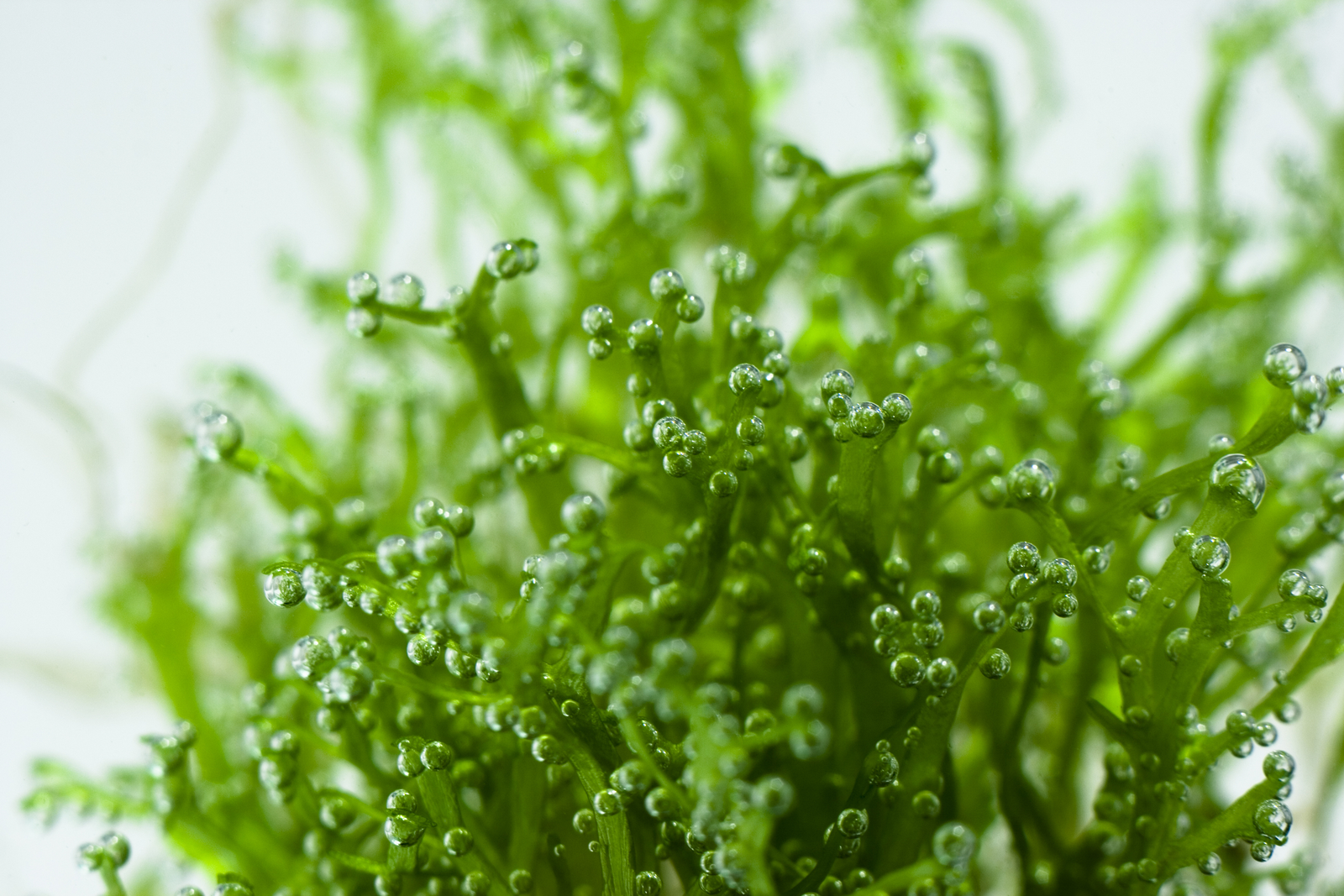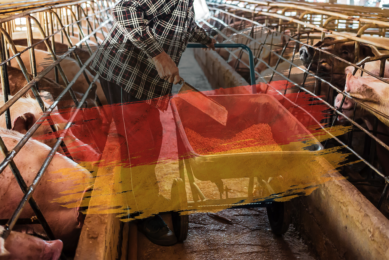Algae and its role in future animal diets

Finding natural solutions for food production without antibiotics. Together with a group of French farmers and a feed mill, animal nutrition company Olmix is working towards this goal. The results are promising.
“Excessive and inappropriate use of antimicrobial drugs is accelerating the appearance of antibiotic-resistant bacteria. As such, common infections and minor injuries that have been treatable for decades may once again kill”, World Health Organisation’s coordinator for antimicrobial resistance Charles Penn addressed earlier. Former chief economist at Goldman Sachs Jim O’Neil even said once that by 2050, the number of deaths due to infections by antibiotic resistant bacteria would reach 50 million/year globally, more than cancer or any other disease with 10 million deaths in China alone.
Algae in feed
Producers face many problems trying to establish a healthy food chain and reducing antibiotics for food producing animals is a key topic. Nutritional strategies are an essential part to reduce antibiotics. Founder of Olmix, Herve Balusson, names algae as a renewable raw material with unexpected potential, and thus a promising ingredient for livestock feed. Algae has been proven to enhance the immune system of animals, increase gut health, increased digestive efficiency and protection against mycotoxins. To prove that these strategies work, Olmix is collaborating with a feed manufacturer and a group of farmers in France to produce antibiotic-free chicken.
In doing so, the conventional production scheme was maintained (intermediate growth strain, 40-day slaughtering and rearing in poultry houses), while the farming hygiene and feed programmes were adapted to include several Olmix products in the feed and drinking water. “The results are successful: from an industry that used antibiotics on more than 50 percent of batches, we managed to reduce antibiotics (including medicinal antibiotics) completely on more than 95 percent of batches. The results were also noteworthy in terms of zootechnical performance, since there was no deterioration and even an improvement in certain indicators such as the age at which the chickens were removed for slaughtering,” said Dr Thomas Pavie, Director ‘One Health’ at Olmix.
School to learn about algaeOlmix recently inaugurated its school for training new farming practices in producing meat, milk, eggs and plants without antibiotics. Called ‘Breizh Algae School,’ it is located in the centre of Brittany, which is France’s biggest animal production hub. The school will train students, partners and professionals in modern farming techniques that are free of antibiotics, pesticides, and chemical additives.The courses will be run by leading experts from recognised institutions such as the French Pork and Pig Institute (FIFP), the ISPAIA training institute for the farming and agrifood industries, the French National Institute for Agricultural Research (INRA) and the French Agency for Food, Environment and Occupational Health Safety (ANSES). With a combination of training rooms, experimental fields and livestock buildings, Breizh Algae School is a unique training centre located at the heart of France’s major farming and agrifood regions. |











